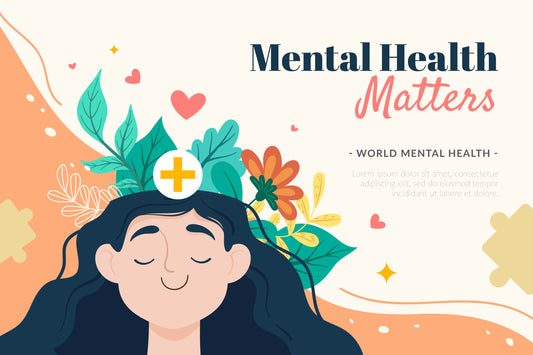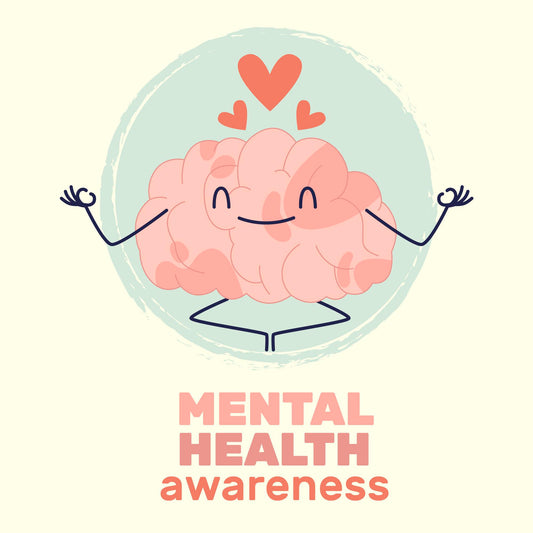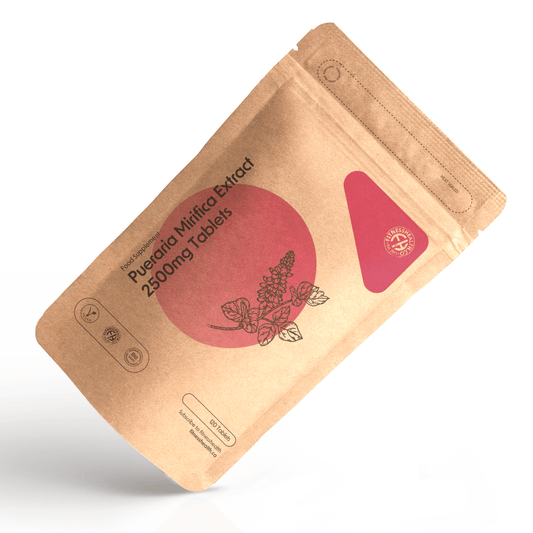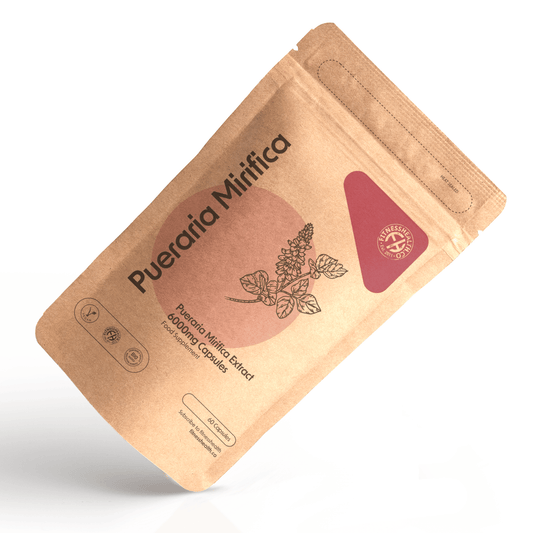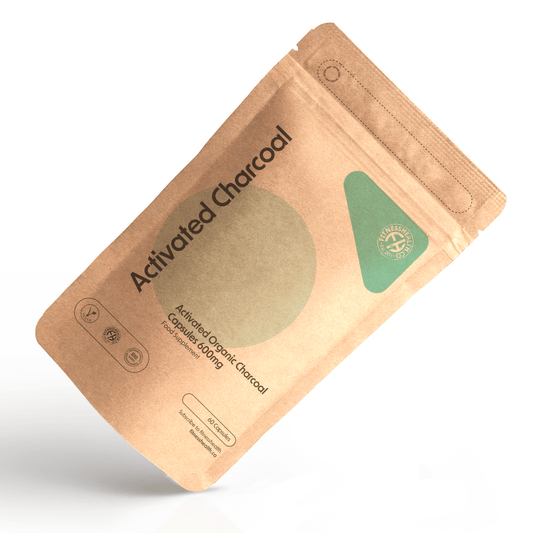Have you ever felt the calming effect of a deep breath? Or noticed how your body relaxes when your mind is at ease? This connection between our mind and body is not just a feeling – it's the foundation of something called mind-body therapies.
Mind-body therapy is not the usual treatment you might get from a doctor. Instead, it blends our mental processes with our physical health. It's about looking at you as a whole person, not just treating a specific illness.
These therapies have been gaining more attention lately. Part of this surge in popularity is thanks to medical agencies like this one here, which help make these practices more well-known and accessible to people. Today, we're going to explore some fascinating therapies. So, whether you're just curious or looking for new ways to boost your wellbeing, join us on this journey.
What Exactly Are Mind-body Therapies?
Imagine a bridge. On one side, you have your mental state – your thoughts, feelings, and stress levels. On the other side is your physical health – how your body feels and functions. Mind-body therapies connect these two sides. They use techniques that help your mind influence your body's health.
Historically, many cultures have recognized this connection. But in modern times, we're seeing a scientific revival of these ancient practices. They're not just old wives' tales; there's real science showing how our minds can impact our physical well-being.
Meditation
Meditation, a well-loved mind-body therapy, comes in various forms, all aimed at enhancing inner peace and focus. Whether it's through focused breathing, repeating calming phrases, or mindful walking, meditation is about centering the mind.

The benefits of meditation are diverse and well-supported by research. It's particularly known for reducing stress, making it a go-to for easing symptoms related to stress-sensitive conditions such as IBS (Irritable Bowel Syndrome), PTSD (Post-Traumatic Stress Disorder), and fibromyalgia.
Not just limited to mental health, meditation has shown promise in enhancing cognitive functions. It can help improve memory and clarity of thought, which is beneficial in combating age-related memory issues and dementia. It's also effective in increasing attention spans and aiding in the development of greater mental discipline, which can be helpful in breaking unproductive habits.
For those who struggle with sleep issues, meditation can be a boon. It often helps in falling asleep quicker and improving the overall quality of sleep. In terms of physical health benefits, it's known to aid in pain management and emotional regulation, which is especially helpful for those dealing with chronic pain conditions.
Regular meditation practice has also been linked to lower blood pressure, which contributes to reducing the risk of heart-related issues. When it comes to mental health, it's effective in alleviating anxiety, including various forms like social anxiety, specific fears, and obsessive-compulsive behaviors. It also plays a role in lessening the frequency and intensity of depression.
Lastly, meditation isn't just about personal wellbeing; it also encourages a sense of compassion. It helps individuals gain deeper self-understanding and fosters a sense of empathy and kindness towards others.
Biofeedback
Biofeedback can help you teach your brain to control things that happen automatically, like your heart rate or the stress in your muscles. How? By using sensors attached to your body, these functions are measured and displayed on a screen. Subtle adjustments, such as releasing tension in certain muscles, can be made with the use of this input.
It's used for a range of issues:
- Chronic Pain: Helps in managing pain and understanding how the body responds to stress.
- Migraines and Tension Headaches: Teaches you how to control physiological functions that trigger headaches.
- Anxiety and Stress: Offers a way to control physiological responses to stress.
- High Blood Pressure: Can aid in learning relaxation techniques to manage blood pressure.
Biofeedback requires practice and patience. It’s typically done with a trained therapist, who guides you through exercises and helps interpret the data.
Hypnotherapy
Hypnotherapy uses guided relaxation and focused attention to achieve a heightened state of awareness, often referred to as a trance. This state lets you focus on yourself to discover and use the natural resources that are inside you that can help you make changes or get back in charge of some parts of your life.
Uses of hypnotherapy include:
- Treating Phobias, Fears, and Anxiety: It can calm the nerves and the mind.
- Sleep Disorders: Hypnotherapy can be an effective tool for improving sleep quality.
- Managing Pain: Useful in chronic pain management and in conditions like fibromyalgia.
- Behavioral Change: Assists in overcoming habits like smoking or overeating.
It’s important to note that while hypnotherapy can be a powerful tool, it’s not a magic cure. It works best as a supplement to other treatments. Also, make sure to work with a licensed therapist who has undergone specific training.

Integrating Mind-Body Therapies with Traditional Medicine
You might wonder, can these therapies work alongside regular doctor visits and treatments? Absolutely! More doctors are recognizing the benefits of mind-body therapies. These methods are increasingly being integrated into conventional medical care. For example, some hospitals offer meditation classes for patients recovering from surgery. Others might refer patients to biofeedback therapy for chronic pain management.
This integration is a sign of a more holistic approach to health care. It's about treating the whole person – body and mind. Patients who combine traditional medicine with mind-body therapies often report better overall health outcomes. They feel more in control of their health and experience improved quality of life.
Challenges and Considerations
While mind-body therapies offer many benefits, there are things to keep in mind. Not all therapies work for everyone. It's important to have realistic expectations. Also, finding the right therapist or program is crucial. Make sure they're qualified and experienced.
There's also the challenge of accessibility. Not everyone may have easy access to these therapies, although online resources are helping bridge this gap. And, as with any health approach, it's important to discuss any new therapy with your healthcare provider, especially if you have existing health conditions.
Final Thoughts
Mind-body therapies open up a world of possibilities for health and wellness. They remind us that our mental state deeply influences our physical health and offer tools to help us live healthier, more balanced lives.
Remember, the journey to health is personal. What works for one person might not work for another. However, exploring the world of mind-body therapies can be a rewarding part of your health journey. So, why not give it a try? You might discover something that brings a significant, positive change to your life.


